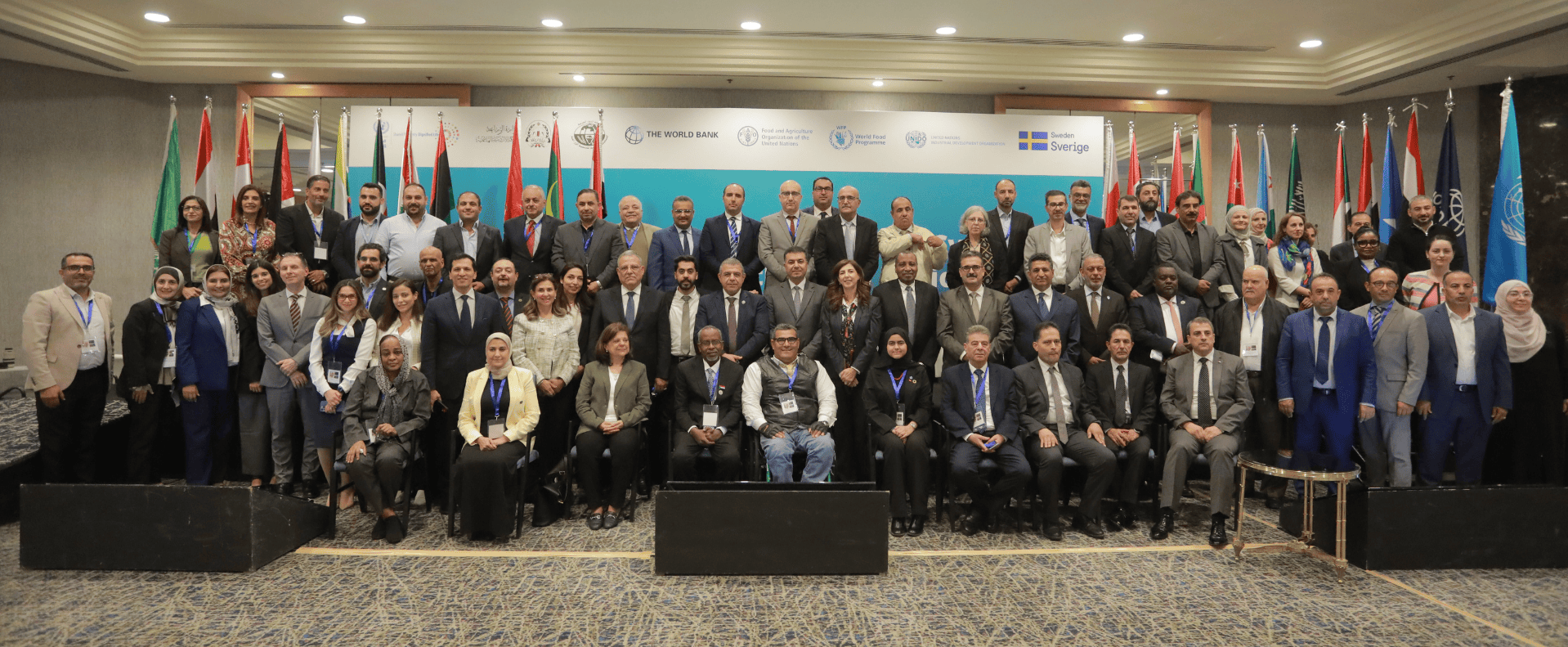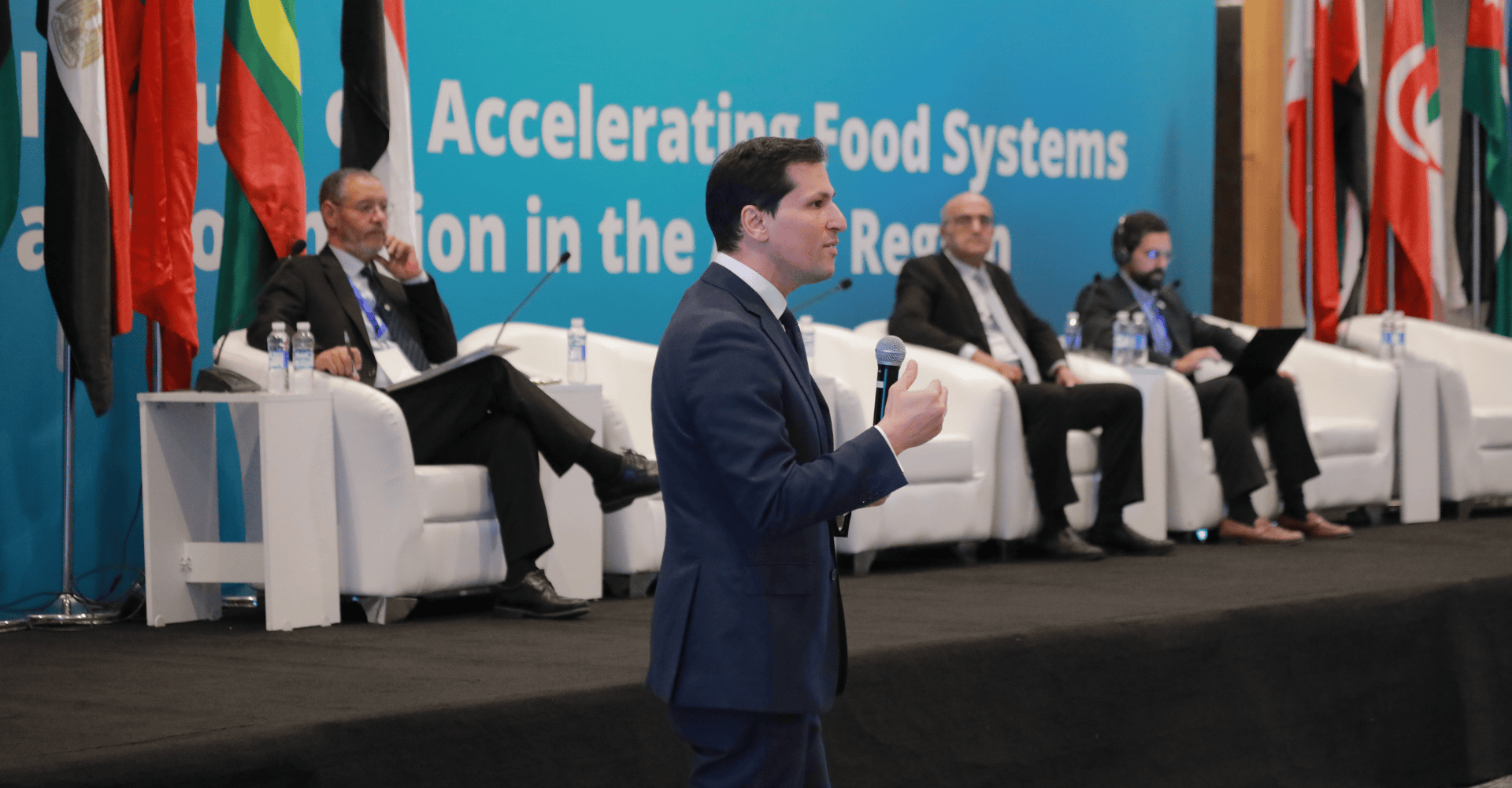SEED FUNDING JOINT PROGRAMMES
Cambodia
Transforming Cambodia’s food systems to become more sustainable, inclusive, and resilient


PROJECT TITLE | Transforming Cambodia’s food systems to become more sustainable, inclusive, and resilient |
| Context | Cambodia’s National Pathway is the outcome of an extensive consultation process, involving more than 2,000 people throughout thirty dialogues, which identifies four priority areas, namely healthy diets for all, empowerment of youth, women and vulnerable groups, resilient livelihoods and food systems, inclusive governance. Acknowledging the risks posed by climate change to hard won development gains and as a co-founder of the Alliance of Champions for Food Systems Transformation, Cambodia is prioritizing the integration of climate change and food systems transformation, building coherence across the agendas. The Council for Agricultural and Rural Development, the government agency coordinating food security and nutrition initiatives in Cambodia, is leading collaborative efforts to translate national aspirations into concrete action. |
| PUNOs | FAO, WFP, UNICEF |
| Contribution to SDGs | SDG 2 Zero Hunger |
| Contribution to other SDG transitions | Climate, biodiversity, pollution |
| Duration | August 2024 – July 2025 |
| Expected financial leverage | $3 million |
| Alignment with SG Call to Action | Policy integration; Food systems governance; Inclusive and participatory design; Private sector engagement |
| Outcomes | The Joint Programme fosters an enabling environment for food systems transformation by enhancing national capacities and policy frameworks, identifying opportunities to unlock financial streams, and strengthening advocacy efforts for food systems transformation. The JP provides crucial support to the alignment of the climate and food agendas, accelerating progress towards resilient, sustainable and inclusive food systems. |
| Partners | Council for Agricultural and Rural Development (CARD) will be the main government counterpart and will coordinate the government activities in conjunction with other key Ministries, including:
|
| Outputs |
|
Arab ministers welcome the Convergence Initiative in Amman Declaration

©WFP
Amman, Jordan – At the close of the Regional Forum on Accelerating Food Systems Transformation in the Arab Region, held in Amman on October 30-31, 2024, Arab Ministers of Agriculture and Arab Representatives welcomed the Hub’s Convergence Initiative in their Amman Declaration on Food and Agricultural Systems in the Arab Region.
Hosted by the Food Security Council within the Jordanian Ministry of Agriculture, in collaboration with ESCWA, FAO, WFP, UNIDO, the World Bank, and AOAD, the forum fostered discussions on strengthening the region’s food systems through good governance, effective implementation, and regional collaboration. During the event, the UN Food Systems Coordination Hub introduced the Convergence Initiative, which links food systems transformation with climate action to ensure these systems contribute effectively to achieving the Sustainable Development Goals and the Paris Agreement’s climate objectives. The initiative will soon be implemented in several Arab countries, marking a significant step towards sustainable, climate-resilient food systems across the region.
The Amman Declaration reflects a collective commitment from Members to address critical challenges such as water scarcity, climate change, and other persistent threats to food security. By embracing the Convergence Initiative, it highlights the importance of uniting food systems and climate agendas to drive progress toward a resilient, hunger-free future for the region. This Declaration also charts a proactive path as the region prepares for global milestones, including the UN Food Systems Summit +4 Stocktaking Moment (UNFSS+4) in 2025.

Khaled Eltaweel, Senior Programme Officer at the UN Food Systems Coordination Hub, presenting the Convergence Initiative during the forum. Photo credit: WFP.
